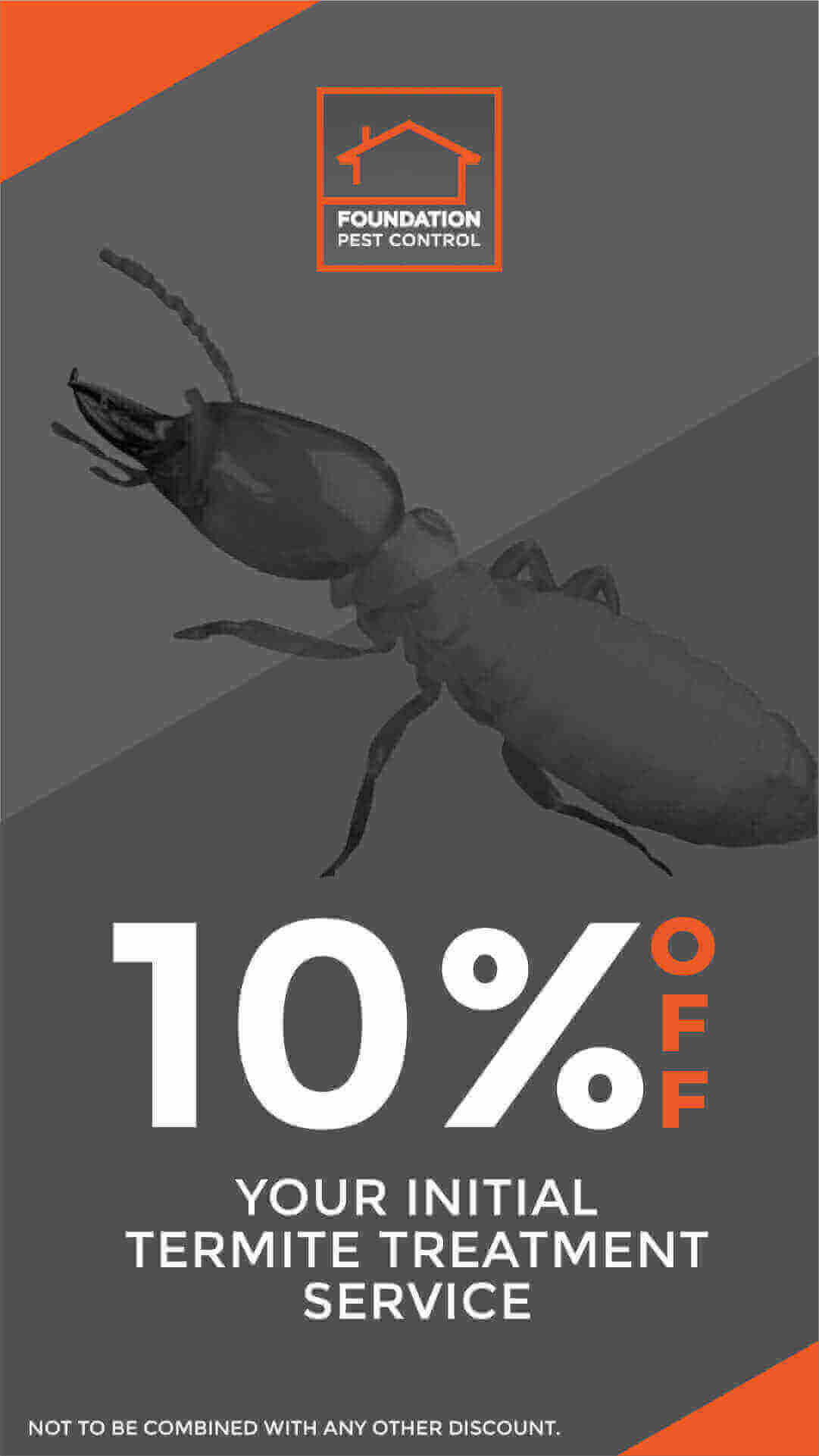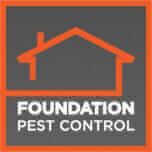Bees

Foundation Pest Control offers expert pest management solutions for homes and businesses in Memphis and surrounding areas. Serving our community with eco-friendly treatments, we ensure a pest-free environment using advanced technology and personalized service. Trust us for efficient, reliable pest control in Memphis, Arlington, Lakeland, Germantown, and Collierville.
Bees are essential to our ecosystem, playing a crucial role in pollination and contributing to the health of our environment. In Memphis, bees are a common sight, and understanding their behavior, benefits, and how to coexist with them is important. This guide provides valuable information on bees and tips for managing them safely.
Identifying Bees
Bees are generally fuzzy with black and yellow stripes, distinguishing them from wasps and other insects. Common types of bees in Memphis include honey bees and bumblebees. Honey bees are smaller, with a more slender body, while bumblebees are larger and have a more robust build.
Behavior and Habitats
Bees are social insects that live in colonies. Honey bees build hives, which can often be found in hollow trees, wall voids, or beekeeping boxes. Bumblebees prefer nesting in the ground, often in abandoned rodent burrows or thick grass. Bees are active during the warmer months, particularly in spring and summer when flowers are in bloom.
Importance of Bees
Bees are vital for pollination, helping plants reproduce by transferring pollen from one flower to another. This process is crucial for the production of fruits, vegetables, and seeds. Bees also contribute to biodiversity and the health of ecosystems.
Risks and Concerns
While bees are generally not aggressive, they can pose risks if their nests are disturbed:
- Stings: Bee stings can be painful and may cause allergic reactions in some individuals. Unlike wasps, bees lose their stinger after one sting.
- Nesting in Buildings: Bees may build nests in wall voids or attics, which can lead to structural damage and other issues.
Prevention Tips
To prevent bees from nesting in unwanted areas, consider these tips:
- Seal Entry Points: Ensure all potential entry points to your home are sealed.
- Proper Landscaping: Maintain your garden to minimize potential nesting sites, such as overgrown grass or abandoned burrows.
- Avoid Strong Scents: Bees are attracted to strong scents. Avoid using heavily scented products outdoors.
Dealing with Bees
If you encounter a bee infestation or hive near your home, it’s important to handle the situation carefully:
- Do Not Disturb Hives: Avoid disturbing bee hives to prevent provoking the bees.
- Professional Assistance: Contact a professional pest control service or a local beekeeper. Beekeepers can often relocate the hive without harming the bees.
Foundation Pest Control Services
At Foundation Pest Control, we offer bee management services in Memphis that balance pest control with environmental preservation. Our approach includes:
- Inspection: Thorough inspection to locate hives and assess the situation.
- Safe Removal: Safe and humane removal or relocation of bee hives.
- Preventative Measures: Advice on how to prevent future bee infestations.
Frequently Asked Questions (FAQs)
Q: Are all bees aggressive? A: No, most bees are not aggressive and will only sting if they feel threatened. Honey bees and bumblebees are generally docile unless their hive is disturbed.
Q: How can I tell the difference between a bee and a wasp? A: Bees have fuzzy bodies with black and yellow stripes, while wasps have smooth bodies with more distinct, less fuzzy striping. Bees also have a more robust appearance compared to the slender build of wasps.
Q: What should I do if I get stung by a bee? A: Remove the stinger if present, clean the area with soap and water, apply ice to reduce swelling, and take an antihistamine to alleviate itching. Seek medical attention if you experience severe reactions such as difficulty breathing, swelling of the face or throat, or dizziness.
Q: Can I remove a bee hive on my own? A: It is not recommended to remove a bee hive on your own due to the risk of provoking the bees. Contact professional pest control services or a local beekeeper for safe removal.
Q: How can I attract bees to my garden for pollination? A: Plant a variety of flowers, especially native species, that bloom at different times of the year. Avoid using pesticides, and provide a water source like a shallow dish with stones for the bees to land on.
Q: What is the best time to relocate a bee hive? A: Early morning or late evening when bees are less active is the best time to relocate a hive. However, professional beekeepers or pest control experts are best equipped to handle the process safely.
Contact Us
If you’re dealing with bees or any other pests, don’t hesitate to contact Foundation Pest Control. Our experienced team is here to help you create a safe and pest-free environment.

